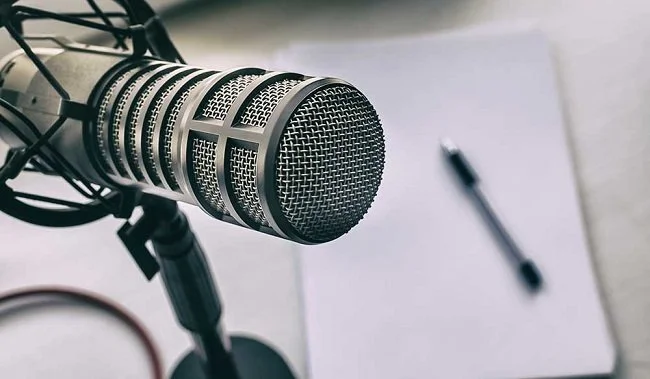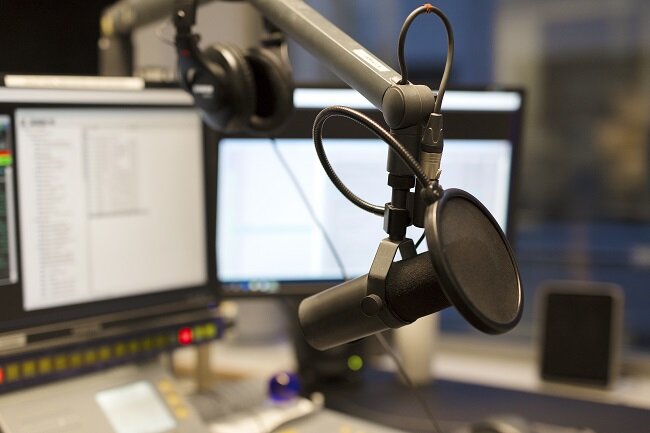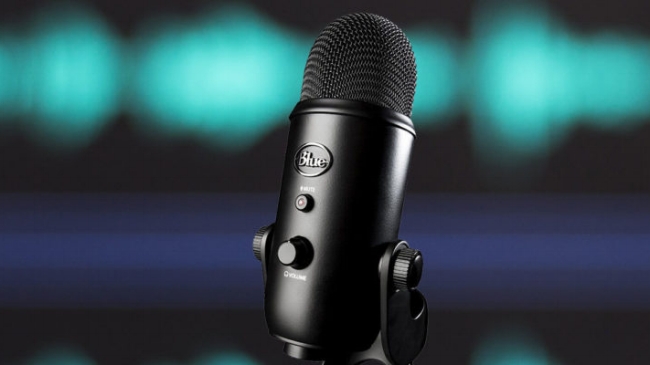Diary of a Podcaster Part 8
Whenever I encounter a word or term that I’m not familiar with, I will usually Google it. That’s the way I’m wired. I prefer to “know” rather than “not know”. However, it is not the concept of continuous self-improvement that I wish to discuss in this post but something else. Namely sociolinguistics. Earlier today I saw someone mention vocal fry on Twitter. I had no idea what that was so I checked on Wikipedia, watched some You Tube videos and finally read some newspaper articles. An hour later I was aware of not only vocal fry, but run-ons, uptalk, glottal Ts and the fact that the way we speak has a major impact upon our lives, just like education and class. According to sociolinguistics, the manner in which you speak has a major impact on the way you are perceived by others. Sadly, like so many other social markers, it can be used in a discriminatory fashion.
My train of thought subsequently led me to watch a selection of other videos designed for those who are non-native English speakers. These You Tube channels seek to explain the subtleties of the language and provide an insight into phrases and colloquialisms that are not taught in the classroom. There is a wealth of difference between the way any language is taught formerly and how it is used in day-to-day life. Being a native English speaker, I have never stopped to consider how difficult the language is to learn. Upon mature reflection of all these points, I find myself wondering how accessible my previous podcasts have been? Do listeners have any issues with my diction, the phrases and terminology I use? How is my voice perceived?
One thing that has come up from time to time, is that both British and US podcasters often speak very quickly which seems to be a cultural phenomenon. Both Brian and I received an email about this once back in the heyday of the Contains Moderate Peril podcast. It did come a surprise but then we felt we should try and do something to accommodate the point and thus made a conscious effort to speak slower. Since then I’ve made a point of editing the show in a specific fashion to try and reduce the speed of the conversation and pace it in a more accessible manner. However, it is a difficult issue to address. When you are consciously trying to change the manner in which you speak, it can sometimes impact negatively on the way you express yourself. Conversations can sound scripted or artificial.
There are many factors that give your podcast character and these naturally can become selling points. Banter, the way in which you express yourself and the language you use all contribute to whether your audience stays or leaves. Although you cannot please everyone and it’s important to decide upon the niche you wish to pitch to, it doesn’t do any harm to accommodate requests from your listeners. Adjusting aspects of your speech and at the very least being aware that not everyone is a native English speaker, means that you can try to make your show more inclusional. After all, podcasting is all about communicating. It seems counterproductive to contradict that philosophy.
Update:
In the previous instalment of Diary of a Podcaster, I wrote about the issues I was having with iTunes and my Squarespace RSS feed. To cut a long story short, the most prudent course of action to rectify the issue has been to host the show elsewhere. Hence, I have opened up an account with PodBean. They have a variety of plans and I have found one that suits my needs at a reasonable cost. Hopefully, with this technical issue addressed, I can return to podcasting soon.



















